If you are a Nigerian, news in town is that of the reading and debating of the controversial social media bill sponsored by Sani Musa, a senator, as a means of curbing what authorities term “internet falsehood” and “manipulation”. The Bill has generated lots of attention within and outside Nigeria given that it has passed the second reading in the Nigerian senate. The bill seeks “jail” for offenders for putting out false information on social media.
Here is why I believe such an unnecessary bill spells doom for youth development in Nigeria:
“It will take us backward”. Recently, the federal government announced that it will be making available a sexual offenders register. Also, the Kano state government recently announced a law that only girls who have completed secondary school education can be legally married. Social media has played a huge role in achieving such inspiring feats in the crusade against rape and child-bride syndrome. Reports on social media {genuine and false) went viral. They’ve all contributed their one cents to sanitising our clime. Imagine what an absolute withdrawal of this power will do?
“It will lead to reduction of Youth Champions and Advocates”. Campaigns like #BringBackOurGirls, which helped put pressure to secure the release of some Chibok Boko Haram victims, were brought to limelight and caught the eye of the globe via social media. In the Social media bill (as referenced by “Paradigm Initiative”), Should you come in conflict with the authorities over a publication? You can’t take the issue to court until you have appealed to the law enforcement. This is an infringement to a right to fair hearing. From all angles, a typical Youth Advocate in this context will feel like a victim, leading to discouragement.
“It will distract us from genuine problems”. Nigeria has the highest number of child brides in Africa – some 23 million of them. A few days ago the Nigerian health minister for state, Adeleke Mamora broke the news that Nigeria now has the highest number of HIV-infected babies in the world. Eleven (11) states are yet to domesticate the Child Rights Act (2003), namely Bauchi, Borno, Jigawa, Kano, Adamawa, Gombe, Katsina, Yobe, Zamfara, Sokoto and Kebbi states, which explains why there is high prevalence of child marriage in these states. As at October 2018, Nigeria has 13.2 million out of school children. Over 23% of our total population is currently unemployed (This is an all-time high record), this explains why more youths are going into crimes and other social vices. We’ve been keeping them idle, we should be preoccupied with how to keep them productively engaged.
“It will worsen corruption”. Youth oriented and social media inclined organisations such as “Follow the Money” led by Hamzat Lawal and “Tracka” led by Oluseun Onigbinde have helped saved billions of naira that are ritually lost due to citizens lack of awareness and drought of budget tracking instruments. In 2012, Nigeria was estimated to have lost over $400 billion to corruption. In 2018, the country ranked 144th in the 180 countries listed in Transparency International’s corruption index. What we need to do is encourage more ‘Follow the Money’ and Tracka, not silent them.
Advertisement
“It is anti-development”. The proposed social media bill was recently implicated when a journalist unveiled that the bill was copied word for word from the Singaporean social media bill. Singapore, although doing quite well economically, has been however scoring low globally in terms of human rights and youth development. The “total human population” of Singapore is less than 6 million, Nigeria has at least 60 million youths – we are obviously looking in the wrong direction. If we are thinking development, we should look in the direction of the likes UK, US, even countries with smaller human population like Scandinavian countries and Ireland are doing great at youth development. We should look in their direction.
For those who might want to hide under the banner that “Canada announced her hate speech law” to sell a false narrative, I will leave you with a recent tweet of Andrew S. Nevin, a Canadian economist based in Nigeria: “I’m proud of Canada’s hate speech law…hate speech isn’t when you criticize the govt…it is when you spew hate against identifiable groups, the definition of which is decided by the independent judiciary”.
“It won’t end with Nigeria”. This is the sad part of the entire story. Nigeria is the hub of internet activity in Africa, with over 100 million internet subscribers. If this bill should fly in Nigeria, given her influence, It will spread to the rest of Africa. Other African nations will adopt this for various reasons.
We can’t afford to allow that happen. It is like taking the whole continent back to the stone age.
Advertisement
Oyelade, a youth development activist, can be reached via [email protected]
Views expressed by contributors are strictly personal and not of TheCable.
1 comments
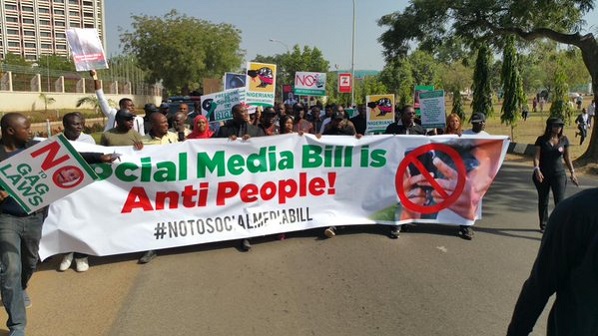

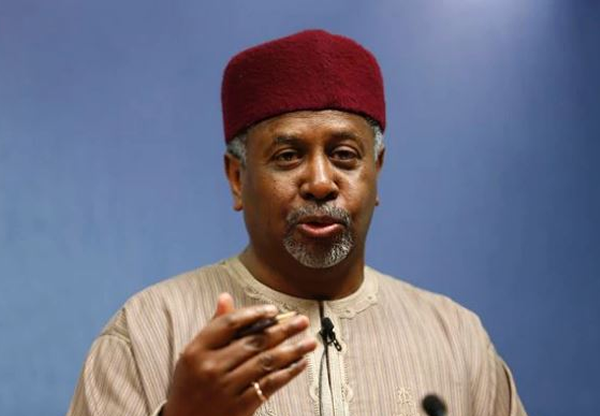
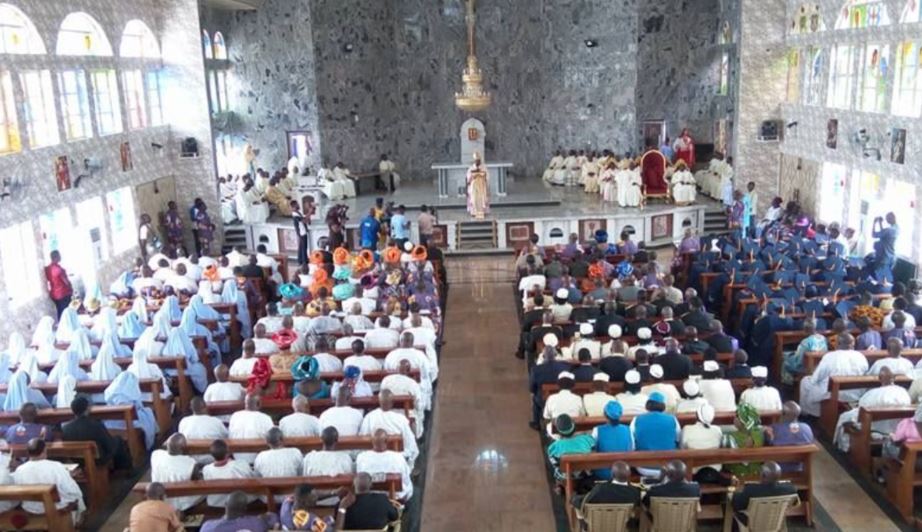
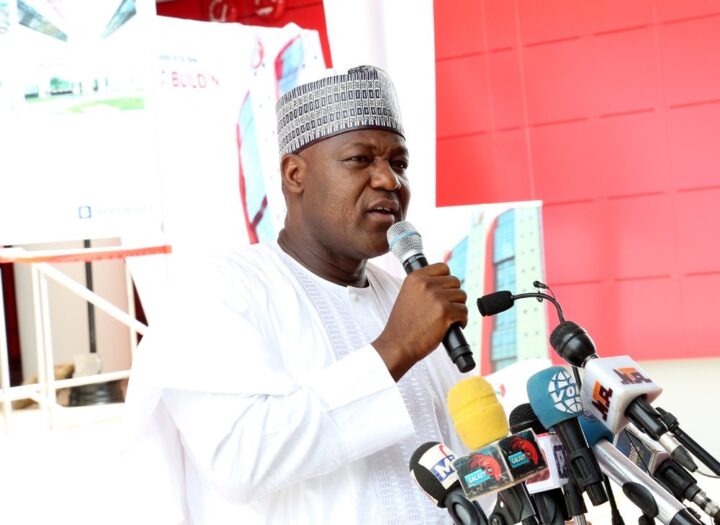

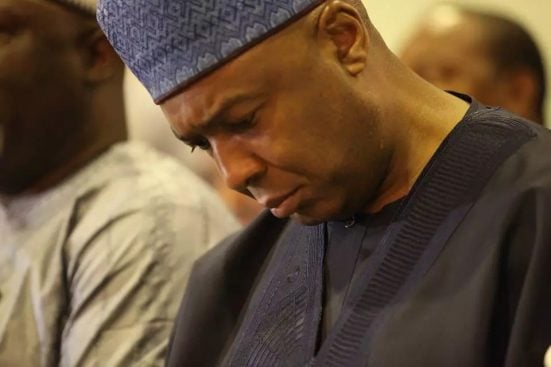
Belle analyse